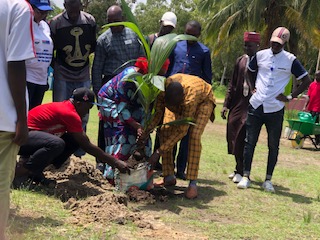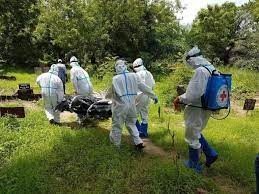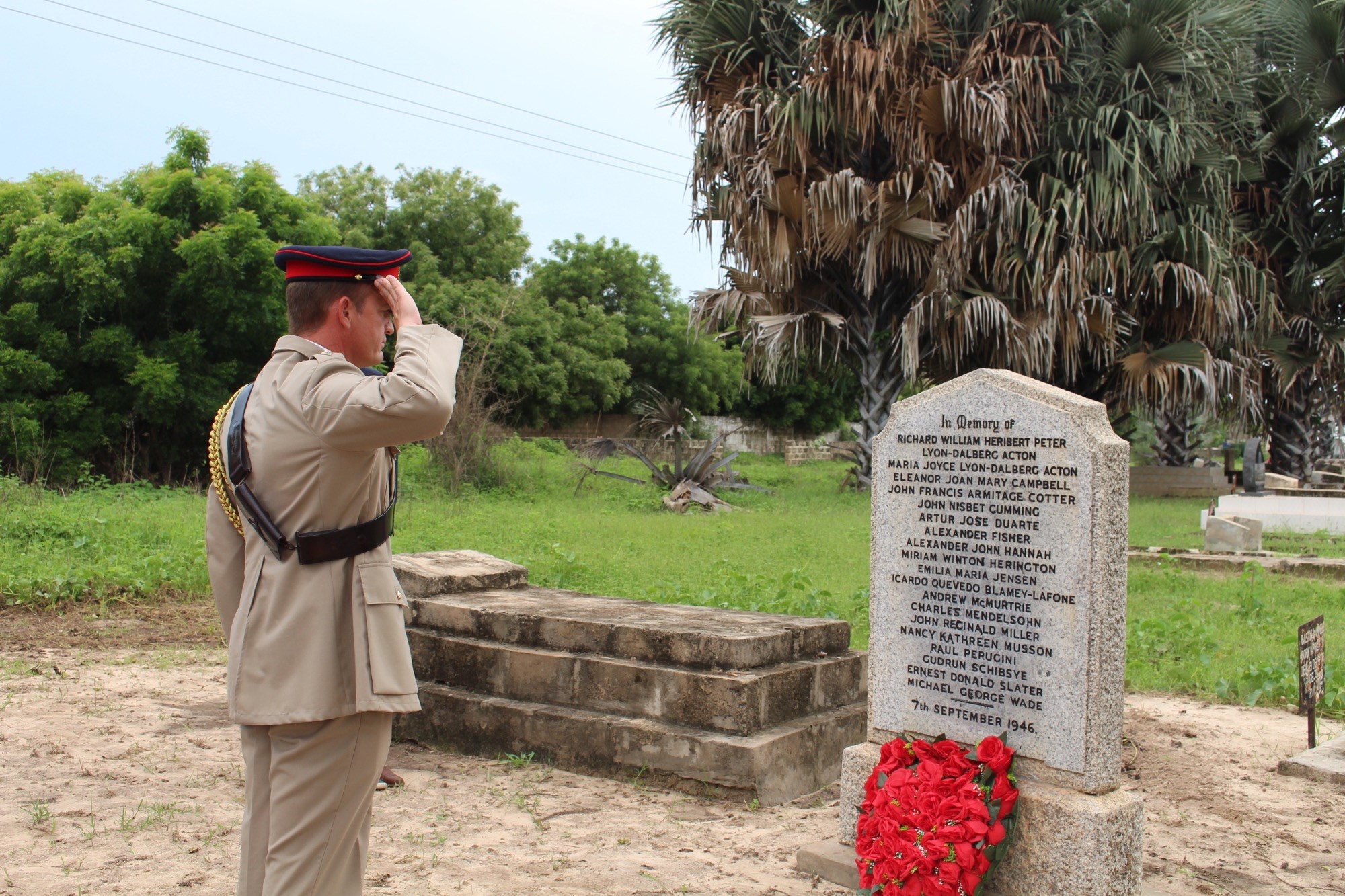By: Amie AP Ceesay
The National Environmental Agency and its partners over the weekend launched Phase II of the coastal greening project at Ocean Bay, Cape Point in Bakau, and planted over two thousand coconuts along the coastline.
The restoration exercise of the Phase II project is to be done at different locations from Senegambia to Jinack Island in the North Bank.
The Executive Director of the National Environment Agency (NEA) Dr. Dawda Badjie acknowledged that the activity can help the coastal areas to withstand certain climate change, adding that trees are vital in the environment.
“Planting of coconut trees in our coastal areas like the beaches is to prevent destruction and also to beautify the areas. Trees are very important in our environment without trees there’s no life.”
However, ED Badgie emphasized the significance of keeping beaches clean, while urging people to avoid littering the environment.
“If you take care of the environment then the environment will take care of you. We are working to restore The Gambia’s lost ecosystem,” Badgie stressed.
The KMC Rep, Wura Bah, who also spoke at the launching, explained that Kanifing Municipal Council doesn’t only collect taxes or apply those taxes on waste collection and management but also the maintenance of the ecosystem. “We need a very good ecosystem to sustain our lives,” he said.
The Councilor of Essau Ward, Michelle Mendy, expressed gratitude for the participation of youth in the greening up exercise, saying they are doing the exercise for the youth’s future benefits. “If these trees are taken care of, then we will see changes,” she added.
Environmental Activist Green Up Gambia, Kemo Fatty, said The GCCA+ project has been a significant milestone in protecting the coastline.
“We all know how vulnerable Gambia is when it comes to sea level rise, as a matter of fact, there are studies indicating that if we have about one-meter sea level rise half of Banjul will be inundated and the entire capital city will be left inhabited. More than 30% of our mangroves will disappear and that means the breeding ground for fish ponds will go down and most of the people here depend on inland fishing and ocean for their needs,” Fatty opined.




